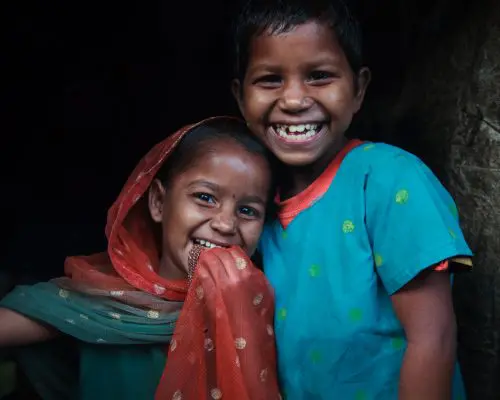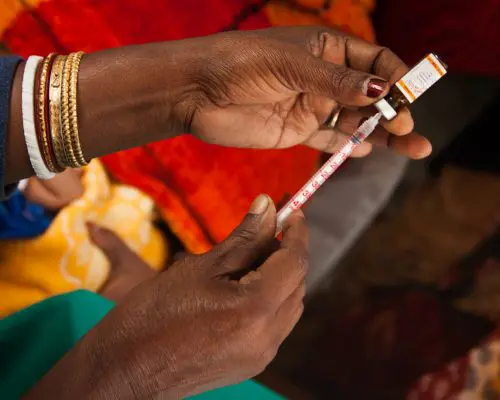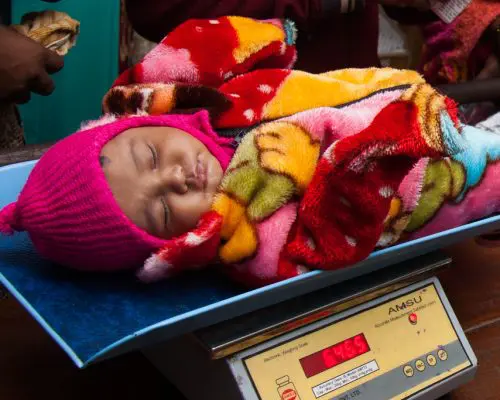Education
38 million children between the ages of 6 and 13 are not in school.
Our work in education builds on the foundations laid down to ensure adequate nutrition and health throughout the critical phase of the child’s growth and development during the first 1,000 days of life. Experience has shown that even children who have achieved appropriate nutrition and health standards, if not sent to school, may end up in child labour, trafficking, early marriage or otherwise exploited and abused, perpetuating the vicious cycle of poverty, poor health, malnutrition and illiteracy that traps deprived communities.
CINI’s work
CINI supports the Right to Education Bill, 2009, with aims to achieve universal enrolment, increase school retention and improve the quality of education. In particular, we are concerned with disadvantaged children, those who are denied access to education due to traditional or social barriers such as caste, poverty, gender or ability. Evidence shows that children who atten school are not only empowered with education, but also tend to be more protected from abuse and exploitation. To strengthen our efforts in the education sector, we have recently established an Education Resource Centre (ERC) with the mandate of distilling innovation, guiding policy development, and contributing to the unprecedented education reform that is underway in the country.
We strive to identify children who have dropped out of school or who are at risk of leaving. We partner with school authorities and teachers, school committees, families, children’s groups and local elected representatives – rural Panchayat Institutions and Urban Local Bodies – to map out-of-school children, motivate the school system and families to get them back to school, and prevent them from dropping out.
We work to overcome forms of social exclusion based on caste and gender discrimination, which continue to play a role in keeping children, especially girls, out of school. Recently, the government has entrusted CINI with the management of a residential school for severely deprived urban boys in Kolkata, a pilot experience that seeks to serve children who may remain unreached by efforts made through community-based interventions.
In poor urban and rural areas, where childcare may be inadequate, CINI supports families in properly stimulating, educating and caring for young children. Members of self-help groups and adolescent girls are equipped with training and early child care and education kits to strengthen families in their capacity to support their children’s emotional and psychological development and prepare them for primary education.
To find out more about our education projects please contact us directly on Freya@cini.org.uk
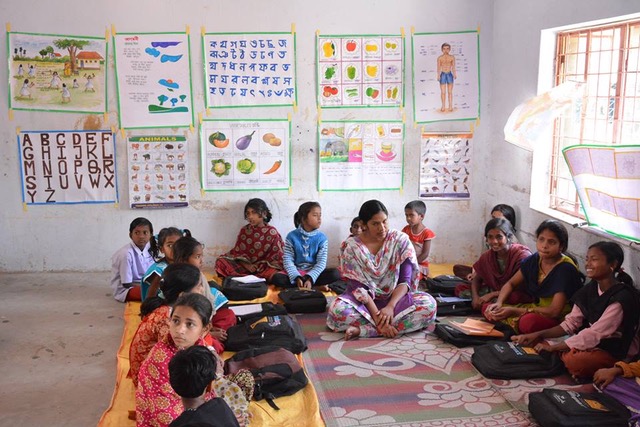
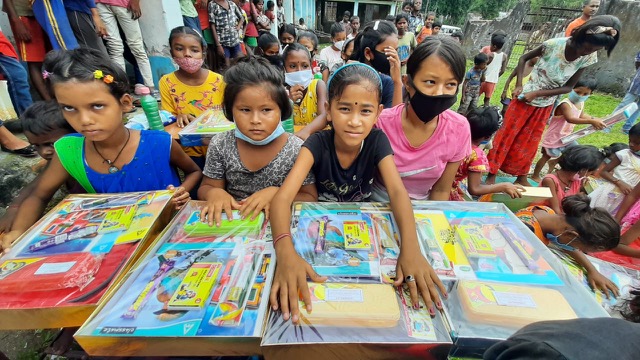
Creating child-friendly schools
We promote the creation of Child Friendly Schools – where school authorities are willing to participate in this transition – by upgrading the school environment, building separate toilets for girls and introducing education methodologies that are child-centred. Through social auditing, users of adult and child education service users can claim their entitlements and proposesuggest ways to improve the school system. We are working to promotefoster the establishment of cChild- fFriendly sSchools, which serve as to stand as primary institutions for education and child protection institutions at the core of cChild and wWomean- fFriendly cCommunities.
Offering remedial education services
In order tTo prevent dropping out, we offer remedial education services through coaching centres that arebeing run on school premises or in the community. Services are in operation beforeprior or after school hours to help students who may be first- generation learners, or are deprived of a conducive home environment where they can do their homework. A network of CINI front-line workers and members of sSelf-hHelp gGroups members partner with government, municipal schools and communities, and engage in a dialogues with families to highlight how the benefits of education would, in the long term, outweigh the loss of foregoing a low and temporary wage which a child canmay earn by leaving school.
Other Projects




